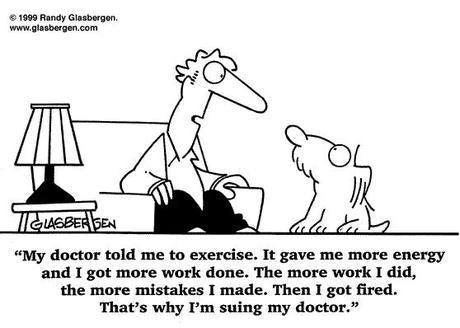Hi everyone!
I have some very exciting news today! You know “the boyfriend” I am always talking about on the blog? Well I am very happy to announce that he is joining me on this blogging adventure and this will mark his first official blog post! I hope that everyone will give a warm welcome to my partner in crime, Erik Hogan. He will be making a regular appearance on the blog from now on, discussing various topics related to health, wellness and nutrition. Erik is a professional NCCP certified level 2 swim coach as well as a full time student, completing his last year of studies in Kinesiology at the University of Calgary. He has been active in the sport of swimming for over 20 years, competing for 12 years with 5 years experience at the National level. Erik is also a fitness enthusiast with great interest in strength and conditioning outside of the water. He is in his 6thyear of coaching with the Calgary Patriots Swim Club, where he focuses on the development of athletes at various skill levels from provincial qualifiers, to national finalists, to a broad range of masters level athletes. Erik is focused on converting his racing experience, and enthusiasm for long term health and wellness into excellent coaching. By emphasizing the development of skills and technique as a lifelong process and encouraging a passion to compete, it is Erik’s ambition to guide others towards their goals and support their aspirations at any level.
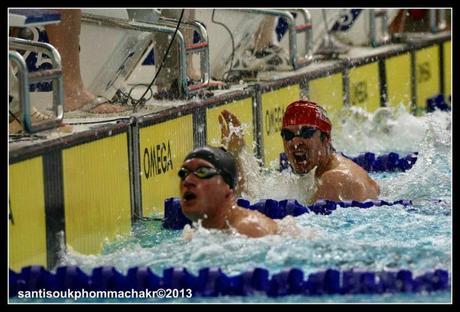 Erik and I used to swim competitively together, so needless to say fitness and competition has been a very important part of our lives. And while we both retired our swim suits years ago, we are both still very physically active, and fitness is something we take very seriously. Any athlete understands the importance of nutrition when it comes to getting results and improving performance. But these principles should not only be practiced by elite athletes, but by anyone who regularly engages in physical activity. Want to know why? Well keep reading!
Erik and I used to swim competitively together, so needless to say fitness and competition has been a very important part of our lives. And while we both retired our swim suits years ago, we are both still very physically active, and fitness is something we take very seriously. Any athlete understands the importance of nutrition when it comes to getting results and improving performance. But these principles should not only be practiced by elite athletes, but by anyone who regularly engages in physical activity. Want to know why? Well keep reading!
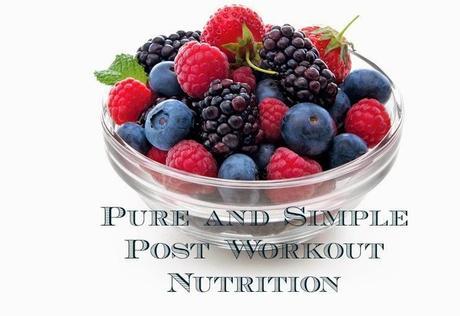
Anybody that is passionate about fitness has probably pondered what types of foods would give them a boost towards their overall goals or an edge over their competition. No matter the goal - improved performance, body composition, or simply to “feel great” - examining your nutrition is always a good idea. For those individuals with health issues and restricted diets, or those trying to eat as natural as possible, you might find yourself frustrated with the lack of supplement options available, or have valid concerns regarding the purity of various products. Since there is very little regulation over what is defined as a supplement, many companies have free reign to include substances that are not necessarily listed on packaging. So you are wise to question these products! In this post I will teach you how to use real, whole foods for your recovery meals. I want you to think of post workout eating as an opportunity to amplify all of the hard work that you just put in, and to get even greater results from all of your efforts… and all you need to do is eat!
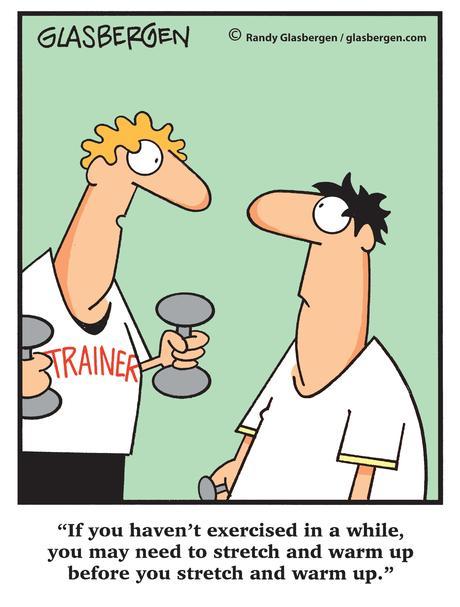
Eating After Exercise: Timing
Author of The Paleo Diet For Athletes, Loren Cordian, emphasizes the importance of eating immediately after working out:"Eating 30 minutes post exercise: This is considered the most critical time because at this point the body is most prepared to receive and store carbohydrates compared to any other time during the day. Also, repair of damaged muscle caused by the workout, is most effective if protein is consumed immediately after you exercise. Missing this vital period can have detrimental impacts on your next workouts, as it will delay recovery substantially."
What should I eat!?
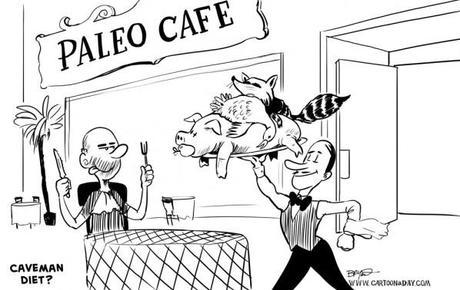
As described by Cordian, we deplete our glycogen stores by exercising intensely OR for long periods of time. Intense bursts of work would refer more to anaerobic/sprint, lifting, interval, or some combination of this type of training. Longer periods would refer to aerobic, continuous, or endurance type of work. Whatever kind of animal you might be, how you recover after your workouts can have dramatic impacts on your immediate and long-term results.Whichever type of athlete you consider yourself to be, you do tap into your glycogen stores, so it is important to recognize that you must take in and metabolize foods that are higher on the glycemic index immediately post workout (within 30 minutes after warming down). For efficient recovery (especially after long duration workouts) consider starchier vegetables or fruits such as squash (acorn or butternut), yams, sweet potato, plantains, bananas, or green peas (if you can tolerate them). Carbohydrates, along with the protein, help stimulate insulin, which will help deliver the protein (as amino acids) to the muscles you just utilized. For those who prefer to lift heavy things, try adding some kiwi to your post workout regimen. Kiwis are popular among lifters because they are known to be high in flavonoids, antioxidants (vitamin C&E), and trigger an anti-inflammatory response. The seeds of a kiwi are rich in alpha linolenic acid (ALA), an omega 3 fatty acid that provides anti-inflammatory effects in the body, which is very important after a tough workout.It is possible to lose 30 grams of muscle protein during a 1 hour workout alone, simply by providing the power needed to get through the activity. The next priority, equally as important as replenishing glycogen, is to repair damage done to your muscles from your work out. The goal is to provide amino acids for re-synthesis of protein that may have been damaged/lost during exercise, by taking in protein. Many people cannot stomach whole foods after a workout, which is why they turn to supplements and protein shakes. The reason why we need protein for muscle recovery is for the BCAA (Branched-Chain Amino Acids), that are essential amino acids necessary for muscle repair. These essential BCAA’s are leucine, isoleucine, and valine.If you can stomach whole foods, I would recommend lean meats like chicken breasts, beef, turkey, pork, or fish such as salmon or tuna. These meats have a lower BCAA content compared to whey products, but do provide easily digestible options that your muscles will love. Another option, depending on your personal restrictions, is egg white powder, or raw egg whites. Egg white powder has the highest content of BCAA’s (4,343mg/100cal), with raw egg whites having the second highest (4,302mg/100cal). So for those of you that tolerate eggs, this is a great time to take advantage of this delicious and versatile food!
Comparison of BCAA content of select foods:
Source (100 cal sample) Isoleucine (mg) Leucine (mg) Valine (mg) Total BCAA (mg)
Egg White Powder 1200 1791 1352 4343
Egg White Raw 1188 1774 1340 4302
Whey Protein 922 1791 896 3537
Lean Meat 928 1474 967 3369
Seafood 744 1285 803 2832
Beans 319 524 349 1192
Nuts & seeds 111 198 149 458
How much should I eat?
Depending on workload and body type, the amount that a person should eat will vary. But here is a good general rule of thumb for intake. Eating 0.3-0.6 grams of carbohydrate for each pound of body weight within two hours of endurance exercise is essential to building adequate glycogen stores for continued training. Waiting longer than two hours to eat results in 50 percent less glycogen being stored in the muscles. The reason for this is that carbohydrate consumption stimulates insulin production, which aids the production of muscle glycogen. Combining protein with carbohydrate within thirty minutes of exercise nearly doubles the insulin response, which results in more stored glycogen. The optimal carbohydrate to protein ratio for this effect is 4:1 (four grams of carbohydrate for every one gram of protein). Eating more protein than that, however, has a negative impact because it slows rehydration and glycogen replenishment.For those of us that prefer anaerobic, or heavy lifting, it is recommended to consume between 0.15-0.25 grams of protein per pound of your body weight. When planning carbohydrate intake, aiming between 0.25-0.4 grams of carbs per pound of body weight should suffice.
What about fat?
I love fat. It is the best part of my diet, and I include huge amounts of avocado, coconut butter, coconut oil, coconut milk, organic butter, MCT oil, nuts, nut butters, and olive oil in my diet. BUT, when it comes to post workout recovery you should stay away from fat! The reason for this is simple; fat slows down digestion. At this crucial time, it is important to consume and metabolize protein and carbohydrates, and fat would hinder this goal, so try to minimize them as much as possible.
Experiment
Does this all sound complicated? Try not to get too caught up with the numbers. They are a great place to start, but everybody is different. Try lower and higher end limits of what is recommended, and track it for few weeks. You will start to develop an eye for measurements and get a feel for how much carbohydrates and protein are in what you are eating. Keep it fun and don’t obsess! The biggest message here is to make sure you are eating some sort of carbohydrates and protein in that 30 minute window after you workout!
So what are you waiting for? Start experimenting and let us know how you do!
